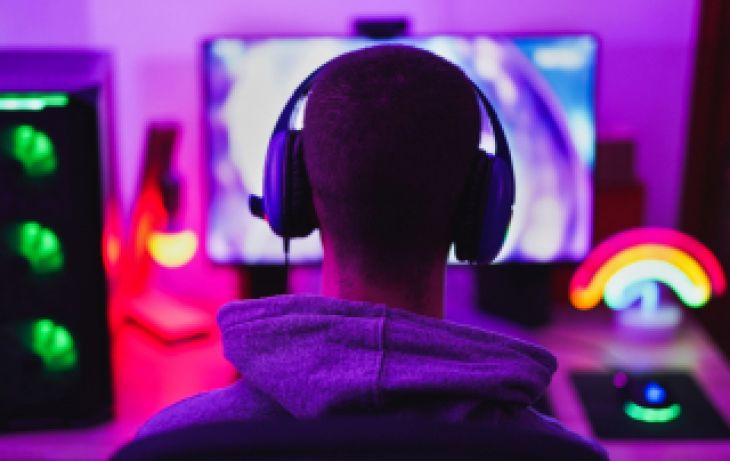As digital media becomes an increasing part of daily life for teens, the question of how heightened screen time will impact their brains in the future is becoming more pressing.
A group of researchers at McGill University has set out to determine whether the use of video games, computers and other media during adolescence was associated with psychotic experiences in adulthood.
They found weak associations between adolescent media use and psychotic experiences, which appeared to be largely explained by other factors such as mental health and interpersonal difficulties during childhood.
“Our study results are reassuring because they do not support the idea that adolescent media use is a significant risk factor for psychotic experiences in adulthood,” said Vincent Paquin, a psychiatry resident and lead author on the new study published in JAMA Psychiatry.
Video games as a coping strategy
About 12% of the 1,226 study participants reported frequent video gaming between 12 and 17 years of age. Youth in this group were more likely than their peers to be in lower-income households and had higher levels of mental health and interpersonal difficulties before adolescence.
“We believe this suggests that some young people are drawn to video games in response to challenging life circumstances, for example as a way of coping or because video games are more accessible than other activities in this context,” said Paquin.
Although the use of media must be balanced with other important aspects of well-being, the researchers say it’s important to understand how media technologies, such as video games, can help people deal with challenging life circumstances.
About the study
Trajectories of Adolescent Media Use and Their Associations with Psychotic Experiences by Vincent Paquin, Jai Shah, Marie-Claude Geoffroy, et al., was published in JAMA Psychiatry.














